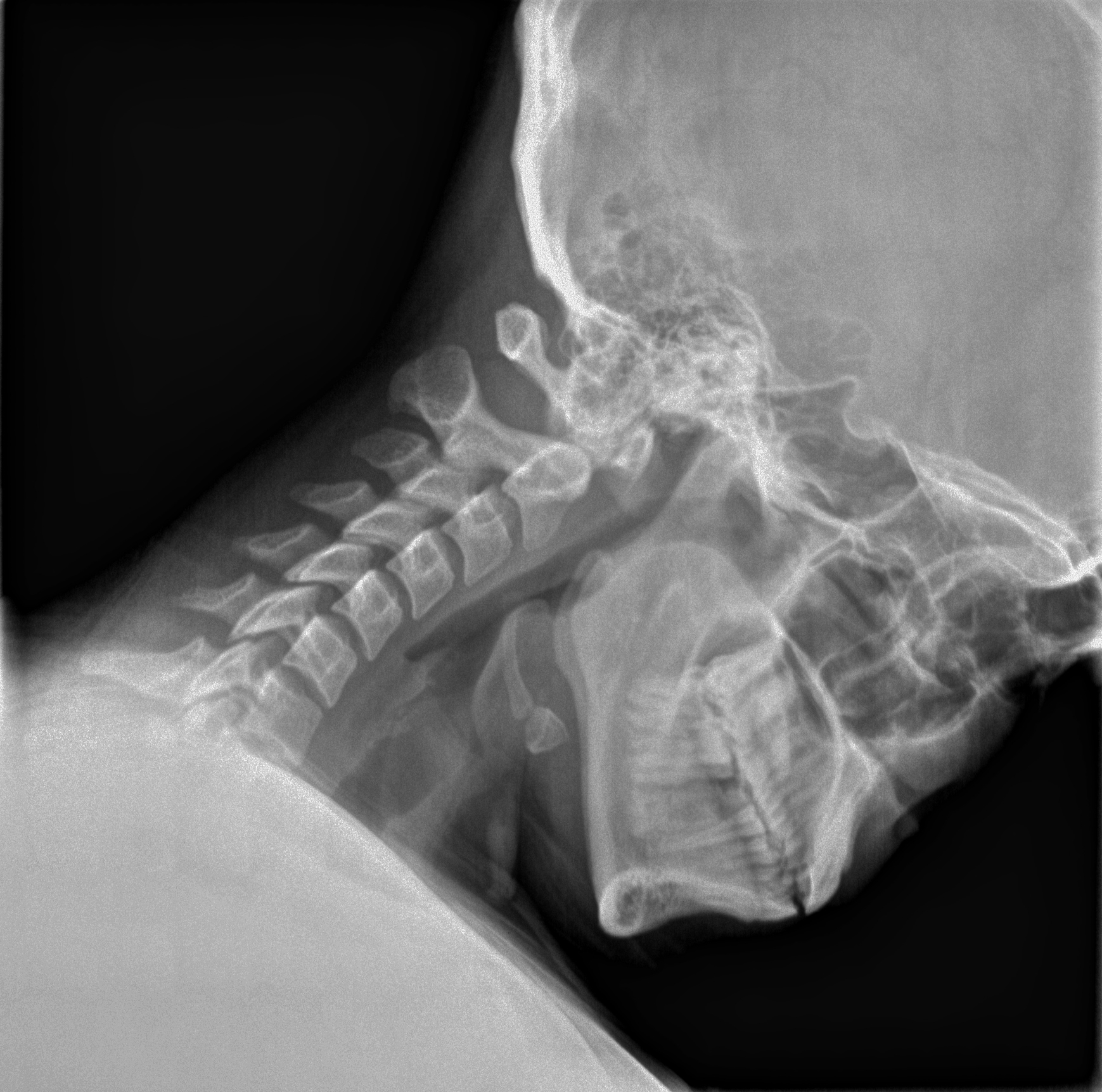
Spondylolisthesis
Serving the South Florida area with locations in Hollywood and Miami, FL
Dr. Andreas C. Tomac, MD, PhD, FAANS is a distinguished neurosurgeon specializing in diagnosing and treating Spondylolisthesis.
Treating Spondylolisthesis

How is Spondylolisthesis diagnosed?
Diagnosing spondylolisthesis involves a comprehensive evaluation, and a neurosurgeon like Dr. Tomac can play a crucial role in this process. Dr. Tomac typically begins by obtaining a detailed medical history, including information about the onset and characteristics of symptoms, any relevant trauma, and the patient’s overall health. A thorough physical examination assesses the range of motion, stability, and neurological function of the spine. Imaging studies, such as X-rays, Magnetic Resonance Imaging (MRI), or Computed Tomography (CT) scans, are essential to visualize the spine and assess the degree of vertebral slippage. Dr. Tomac’s expertise in neurosurgery allows for a precise analysis of imaging results, aiding in the accurate diagnosis of spondylolisthesis. The collaboration between the patient and Dr. Tomac is crucial in determining the severity of the condition and developing an individualized treatment plan tailored to address the specific characteristics of the spondylolisthesis. Seeking timely medical attention is essential for an accurate diagnosis and appropriate management of this spinal condition.

What treatments are available?
The treatment of spondylolisthesis can involve a range of approaches, and a neurosurgeon like Dr. Tomac can provide expertise in both non-surgical and surgical interventions. Treatment options include:
- Conservative Measures:
- Physical Therapy: Targeted exercises to strengthen the core muscles and improve flexibility, aiming to stabilize the spine.
- Bracing: In certain cases, a brace may be recommended to provide support and limit movement during the healing process.
- Pain Management: Medications or injections to manage pain and inflammation.
- Surgical Interventions:
- Laminectomy: Removal of the lamina (part of the vertebral bone) to relieve pressure on nerves.
- Spinal Fusion: Surgical procedure to stabilize the spine by fusing vertebrae together.
- Decompression: Surgical removal of tissue or bone causing compression of nerves.
Dr. Tomac can assess the specific case, discuss treatment options, and recommend the most appropriate course of action based on the severity of spondylolisthesis and the individual’s overall health. Surgical intervention is typically considered for severe cases or those associated with neurological deficits. The decision on the most suitable treatment plan is made collaboratively between the patient and Dr. Tomac, considering the unique circumstances and goals of the individual. Seeking timely medical attention allows for a comprehensive evaluation and the development of an individualized treatment strategy for spondylolisthesis.
